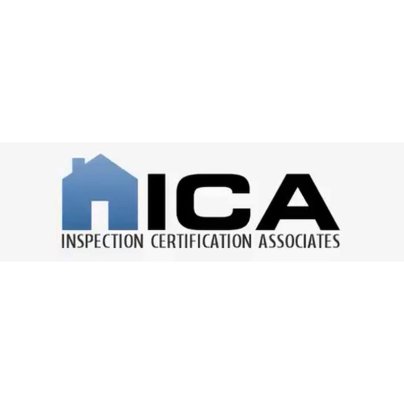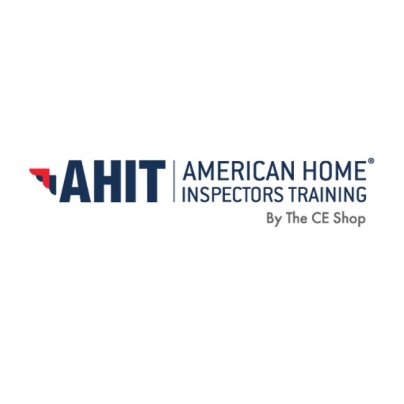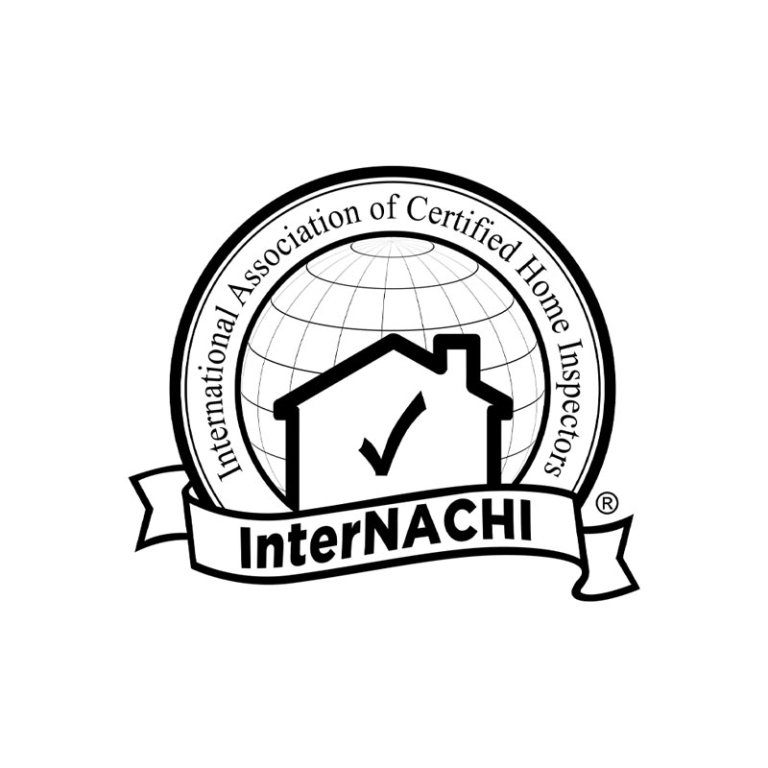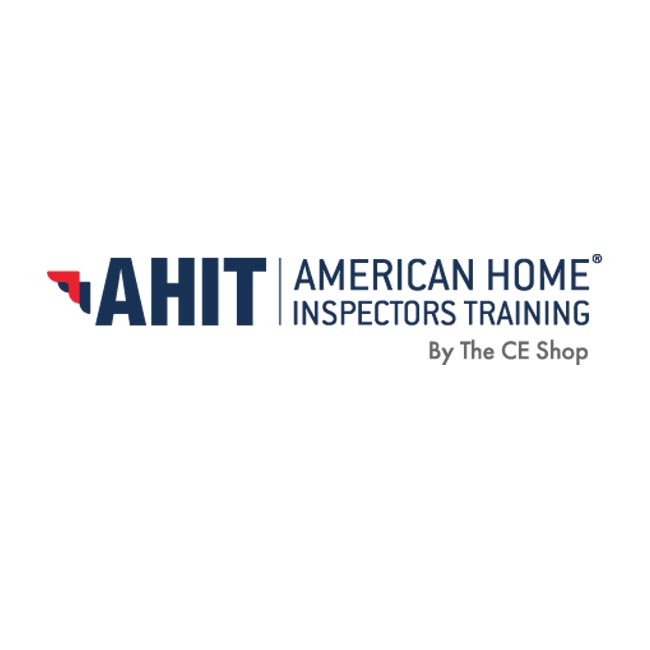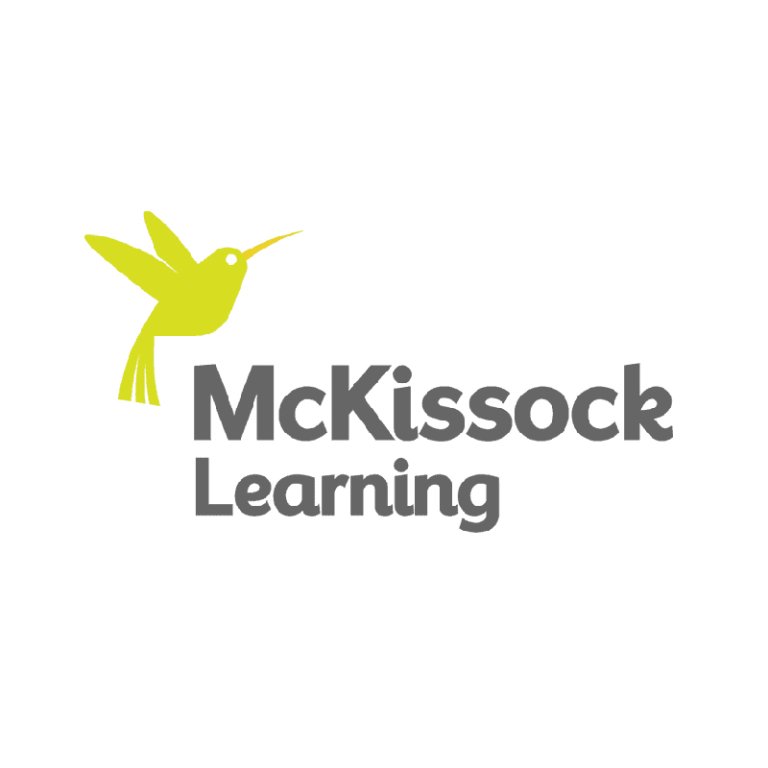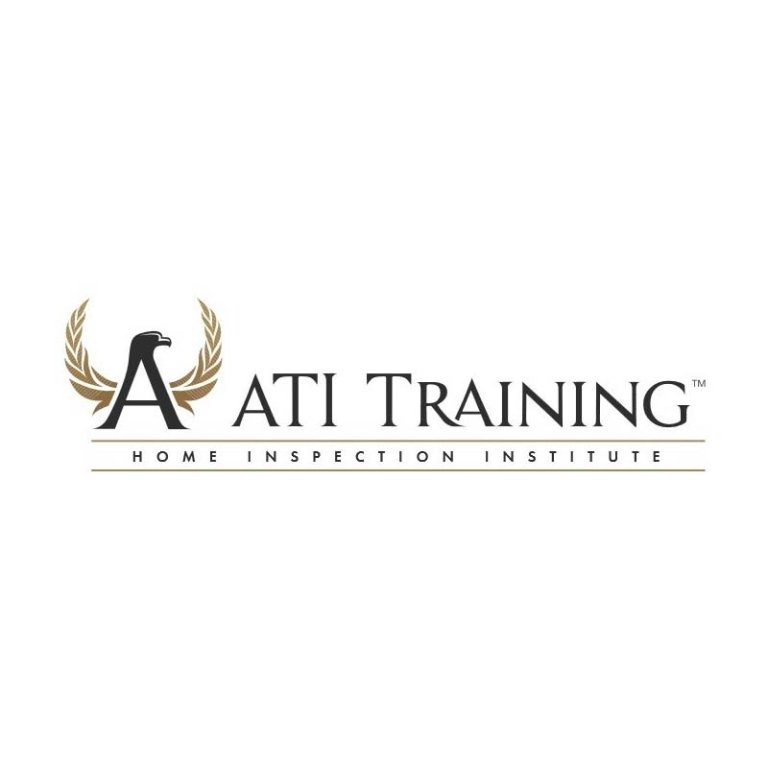
We may earn revenue from the products available on this page and participate in affiliate programs. Learn More ›
A professional home inspector’s duty is to evaluate a home’s major systems and ensure they are safe and in good working order. To understand the inner workings of a home and successfully identify important issues, prospective home inspectors must undergo the appropriate training. And since the demand for home inspectors is never dwindling, it’s always a good time for current and aspiring professionals to pursue said training.
Home inspector training programs are an excellent way for students to gain extensive knowledge of the trade and earn credentials that will help propel their careers. While these programs don’t reward students with a license, students can receive certifications and set themselves up for success as they study the trade in depth.
Potential customers on the hunt for “best home inspectors near me” will consider a professional’s history, qualifications, and services provided. They’ll be looking for the top home inspection companies, and a training program can boost one’s potential to be hired. To help students along their journey, we’ll look at the best home inspector training programs available.
- BEST OVERALL: ICA School
- RUNNER-UP: InterNACHI Certified Professional Inspector Program
- BEST BANG FOR THE BUCK: American Home Inspectors Training
- BEST FOR ADVANCED LEARNING: McKissock Learning
- ALSO CONSIDER: ATI Training
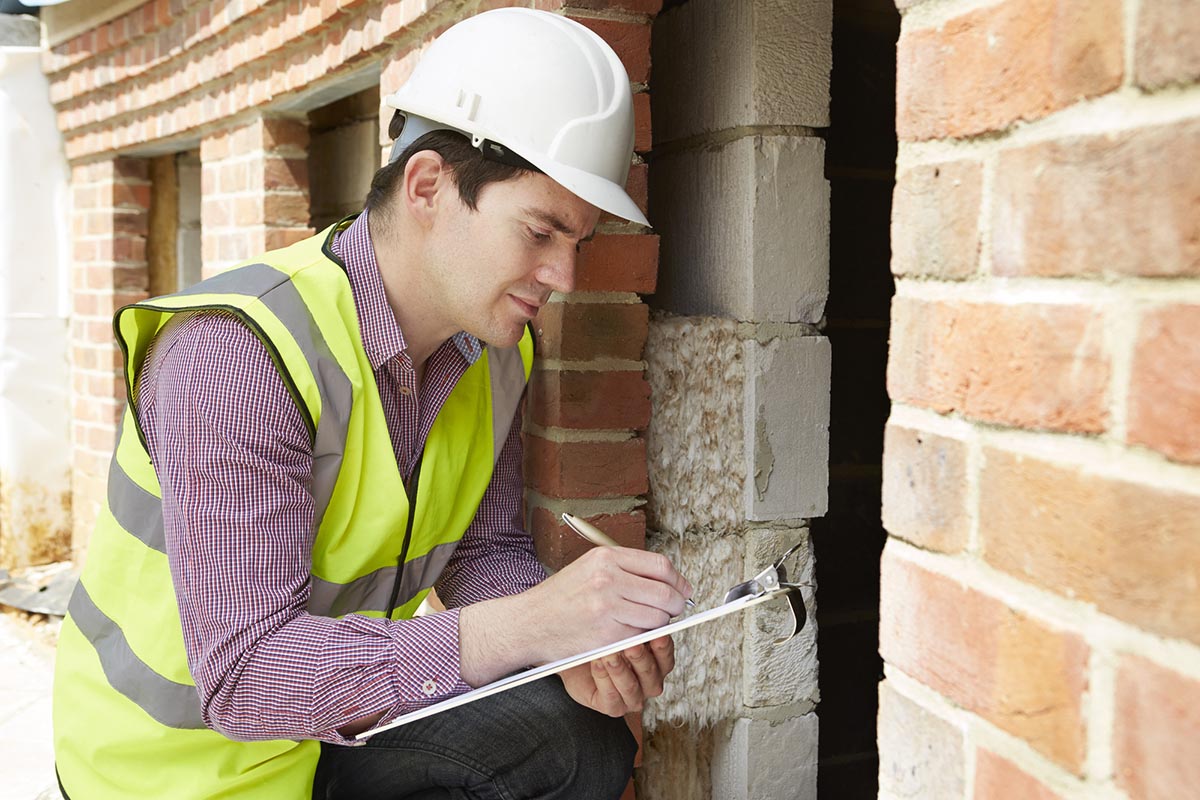
What to Consider When Choosing One of the Best Home Inspector Training Programs
When narrowing down the list of the best home inspector training programs, students will want to perform extensive research into each school’s offerings. Key features—such as course price and included components, available course formats and lengths, eligible states, levels of student support offered, and which certifications students ultimately earn—should be considered.
Class Format and Course Length
Each student learns differently and has varying scheduling needs. Certain students prefer a more traditional classroom setting where they can complete a course over an extended period, while other students have schedules that require them to complete the training program quickly or online at their convenience. Whatever the case, each student should choose a school that offers a class format and course length that suits their lifestyle.
Price
Generally speaking, home inspector training programs cost under $1,000. However, the price of each program will vary depending on the student’s location, the courses they enroll in, and the level of support offered by the program both during and after the student has finished. For example, the costs for students enrolled in an online program with prerecorded instruction and modules will vary from the cost of students taking an in-person course with a live instructor and hands-on training.
A home inspector training program should be viewed as an investment. Professionals who enroll in these programs are furthering their education, which means they can ultimately charge more for home inspection services—which, on average, range from $279 to $399—once they’ve finished.
Certifications vs. Licensing
State licensing requirements will vary widely compared with certification requirements—some states don’t even require a home inspector to be licensed. However, even for those who work in states that don’t require a license, obtaining licensure or certifications can positively impact one’s reputation and earning potential.
Receiving certification is different from receiving a license. While home inspector training courses will teach students valuable information and skills for home inspectors’ needs, students can’t receive a license from a program. However, students can earn varying certifications from programs, depending on what is needed in each student’s state. These certifications prove to clients, real estate agents, and other hiring entities that you are more than qualified to inspect homes.
State Restrictions
Certain states restrict what courses are accepted (or not accepted). For example, a few states won’t accept online education. In those states, the online certification programs are not considered sufficient instruction, and students must go through in-person training in a classroom to earn their home inspector license. However, even students in those states can benefit from the additional knowledge from one of the best online home inspector courses.
Our Top Picks
Finding the best home inspector program will depend on a student’s needs and their state’s requirements. In compiling our research, we took many factors into account in determining which programs are the best. Here are our top picks for the best home inspector training programs.
Best Overall
ICA School
Pros
- Lifetime access to course materials and reporting software
- Wide range of “bonus” courses including radon and mold testing certification courses
- Commercial inspection course included free with home inspection course
Cons
- Relatively high cost for in-person classes
- Class format: Online, in person
- Course length: Self-paced online; 2 to 8 days in person
- Price: $795 online; starting at $1,395 in person
- Certification earned: Certificate of completion; radon and mold testing certifications available
- State restrictions: Not accepted in NJ, NY, TX, and WA
Why It Made the Cut: The ICA School offers in-person and online instructor-led courses, and users receive lifetime access to course materials and reporting software. The ICA School offers abundant educational resources and materials for anyone looking to become a home inspector. For a one-time tuition fee, it offers certification programs both online and in person to fit a student’s schedule and learning preferences. ICA School includes a commercial inspection course for free when students pay for the home inspector program. In addition to its general home inspector training program, ICA School also offers a wide range of additional course material, including radon and mold testing certification courses. The courses are beneficial to inspectors who want to offer additional services and have a robust knowledge base. ICA School tuition also includes lifetime access to home inspection reporting software for students to use in their careers after completing the program. The cost of the in-person classes is on the higher end of average, but the investment is worthwhile in the long run, given the lifetime access to course material and software.
Runner-Up
InterNACHI Certified Professional Inspector Program
Pros
- U.S. Department of Education–accredited
- Hands-on training facilities available in three states
- Easy-to-use class search and filters
Cons
- Students must obtain InterNACHI membership to access course materials
- Class format: Online
- Course length: Varies by state
- Price: $49 per month or $499 per year
- Certification earned: Certified Professional Inspector
- State restrictions: Not accepted in AR, MA, NJ, NY, and TX; continuing education accepted in MD and WA
Why It Made the Cut: The InterNACHI Certified Professional Inspector Program offers U.S. Department of Education–accredited online courses that cover a wide range of home inspection topics. The International Association of Certified Home Inspectors (InterNACHI) is a notable professional organization for home inspectors, and it also offers educational opportunities for those looking to become home inspectors. In addition to the program’s primary home inspection courses, it also offers state-specific continuing education courses that go into greater depth about topics such as chimneys, HVAC systems, and decks. The site has an easy-to-use search feature, making it simple to find the class a student needs. One of the unique features of InterNACHI’s program is the House of Horrors, a model home with thousands of defects built in. Trainees can visit one of three locations across the country to see firsthand different types of home issues they may encounter in the field. Visiting one of these houses is not required for certification completion, but it is an excellent supplemental resource to the program. To have continued access to courses and home inspection materials, users must be InterNACHI members. The membership price starts at $49 per month or $499 per year, which can add up over time for home inspectors. However, the course is accredited by the U.S. Department of Education, meaning students may be able to apply for financial aid.
Best Bang for the Buck
American Home Inspectors Training
Pros
- Relatively affordable cost
- Course materials approved by 48 states
- Home inspector, exam prep, continuing education, and professional development courses offered
Cons
- Students incur an additional $50 monthly fee if courses are not completed within 12 months
- Class format: Online, in person
- Course length: Self-paced online; 72 hours in person
- Price: $595 to $795
- Certification earned: Certificate of completion
- State restrictions: Not accepted in NJ and NV
Why It Made the Cut: American Home Inspectors Training offers relatively affordable classes, and 48 states approve the course materials. The American Home Inspectors Training (AHIT) program provides professional training and certification at an affordable price. The classes range from $595 to $795, depending on the state and if the course is being taken online or in person. Courses are taught by professionals who help new inspectors learn about their state’s specific requirements and establish their business. With availability in every state except Nevada and New Jersey, American Home Inspectors Training has the resources to support most students. AHIT also offers continuing education and professional development courses for working home inspectors. However, if a student does not complete their course within 12 months, they will incur an additional $50 fee each month until classes are completed. Users who complete the program within the year will get the most bang for their buck.
Best for Advanced Learning
McKissock Learning
Pros
- Continuing education offerings approved by InterNACHI, ASHI, and CREIA
- Individual classes and class packages available
Cons
- No classes available for students across 21 states
- Class format: Online
- Course length: Varies by class
- Price: Starting at $17 per class
- Certification earned: N/A
- State restrictions: No classes for CA, CO, GA, HI, IA, ID, LA, ME, MI, MN, MO, NC, ND, NE, NY, OH, PA, SC, UT, VT, and WY
Why It Made the Cut: For home inspectors who want to keep up to date in the industry as they’re growing their business, McKissock Learning is a reputable site to obtain continuing education. McKissock Learning isn’t a one-time certification program; it offers educational programs for different types of real estate professionals, including home inspectors, property appraisers, and land surveyors. These classes are targeted toward home inspectors who already have their certification and want to renew it or learn more about a particular component. McKissock charges per class package or by individual class so students can customize their education based on their needs. Members of professional organizations like InterNACHI, the American Society of Home Inspectors (ASHI), or the California Real Estate Inspection Association (CREIA) who need continuing education to maintain their membership are in luck; all of these organizations accept McKissock’s classes. McKissock classes are only available in 29 out of 50 states, but for users within the participating states, McKissock’s program can offer a convenient solution for continuing education.
Also Consider
ATI Training
Pros
- Self-paced online, live online, and in-person class options
- Radon testing certification offered
Cons
- Somewhat confusing information on website
Why It Made the Cut: ATI Training offers online and in-person training programs for prospective home inspectors so students can select the learning experience that fits their needs. ATI Training has in-person and online course options for customers to choose the class format that works best for them or meets their state’s requirements. In-person courses may include field training so students can learn how to evaluate homes and spot issues they may encounter. ATI also offers radon testing certification, which can be another helpful credential for home inspectors. The school relays information in a somewhat confusing manner, and it’s wise for students to do their own research or reach out to a representative before committing to the program. For example, the website’s interactive map of licensing requirements by state indicates that Virginia doesn’t accept online training, but the school’s individual state page notes that online and classroom training are accepted. Despite this, the program can be a viable option for online and in-person home inspection training for users who find ATI still meets their individual needs.
Our Verdict
For those in search of the best online home inspection course, our top pick is ICA School, with InterNACHI as a close runner-up. Both courses provide high-quality instruction to students across the country and will adequately prepare them for the home inspector profession.
How We Chose the Best Home Inspector Training Programs
During our search and analysis of the best home inspection training programs, we considered several specifications and features to provide a well-researched recommendation. The five specifications we analyzed to recommend the best home inspector training programs include the class formats offered, the course length, the price for each class format, the certification(s) earned, and any existing state restrictions. While pros and cons vary by program, we chose them based on what would have the most impact on the user experience. The five programs we recommend came from a much more extensive list, with dozens of potential programs reviewed. However, the recommendations above made the cut based on their resources for students, cost, flexibility, certifications, and availability.
Before You Enroll in One of the Best Home Inspector Training Programs
It’s imperative for students to understand that taking a home inspector course does not guarantee work as a home inspector or automatically grant licensure. Before enrolling in one of the best home inspector training programs, a student will want to conduct personal research to ensure it’s the best choice for their specific needs. A significant component of this research will be evaluating a program’s acceptance in the student’s state of residence. States with education prerequisites for licensure often require students to meet a minimum number of learning hours from a state-approved program. Some states will only accept in-person classroom education; students looking at programs that offer both in-person and online classes will want to ensure they’re selecting the option that their state accepts.
Cost of Enrolling in One of the Best Home Inspector Training Programs
The cost of home inspector training typically costs under $1,000 for an entry-level program. Online programs will generally be more affordable, and some in-person classes can cost upward of $1,000, depending on the length of the class. Students should also consider that there may be additional costs associated with becoming a home inspector, including any fees to take licensing exams. Students will also likely need to invest in continuing education and professional development throughout their careers; however, these classes are more affordable and can cost as little as $17. Considering that the average salary for home inspectors in the U.S. is around $61,000 and salaries can be as high as $96,000, the cost of training is well worth it when looking at the earning potential.
The Advantages of Enrolling in One of the Best Home Inspector Training Programs
Enrolling in one of the best home inspector training programs will set future home inspectors up for professional success. Choosing a recommended, reliable program means earning a certificate of completion backed by an industry organization.
Many home inspector training programs offer the flexibility for new home inspectors to learn and graduate at a pace that suits their needs. Whether students prefer online or in-person education, short curriculums, or self-paced programs, they can find a program to fit those needs.
Training programs may also offer students “bonus” courses like radon or mold testing certification, exam preparation help, and professional development resources. The best home inspector training programs provide the following benefits to participants:
- Earning an institution- or organization-backed certificate of completion.
- Working at one’s own pace with self-guided online class formats.
- Getting real hands-on experience at in-person classes or hands-on training facilities.
- Receiving additional support, like exam prep, continuing education resources, bonus classes, and more.
FAQs
Becoming a professional home inspector is an excellent opportunity for those searching for a fulfilling career assisting homeowners. A home inspector training program will help potential home inspectors learn the trade, build rapport with other inspectors, and gain community trust. If prospects are unsure of how to become the top result when people search for “best home inspector near me,” here are answers to some frequently asked questions.
Q. What is the continuing education requirement for home inspectors?
The continuing education requirement for home inspectors varies depending on state licensing requirements and the home inspector’s certification.
Q. Do I need a construction background to go into home inspection?
While it is not necessary to have a background in construction to be a home inspector, having a general knowledge and some prior experience with construction can set future home inspectors up for success.
Q. What kind of people make good home inspectors?
Great home inspectors are self-driven, willing to help others, and attentive to detail. Additional desired traits include a working knowledge of residential systems and good time management skills.
Q. What steps do I need to take to become a professional home inspector?
First, learn about the home inspector license requirements in your state. Next, take a few pre-licensing home inspection classes to become familiar with the responsibilities of a home inspector. Finally, get home inspector certification and take training courses as required by certain states. Home inspectors can work independently or as an inspector for one of the best home inspection services.
Q. What if I move to another state? Will my home inspection license transfer?
Whether a home inspection license will transfer to a different state depends on the professional’s current state of residence, as well as the state they are moving to. Some states do not require a license, while others require a license and significant training.
Q. How often do I have to renew my home inspection license?
Home inspectors must renew their home inspection license based on their state’s requirements (if your state even requires a license in the first place).
Q: Should I join a professional association after completing home inspector training?
Though not a legal requirement, joining a professional association can help build credibility and trust within the community, especially if a home inspector is new to the industry. Conducting research and speaking with other members of professional associations can help home inspectors find the right fit.
